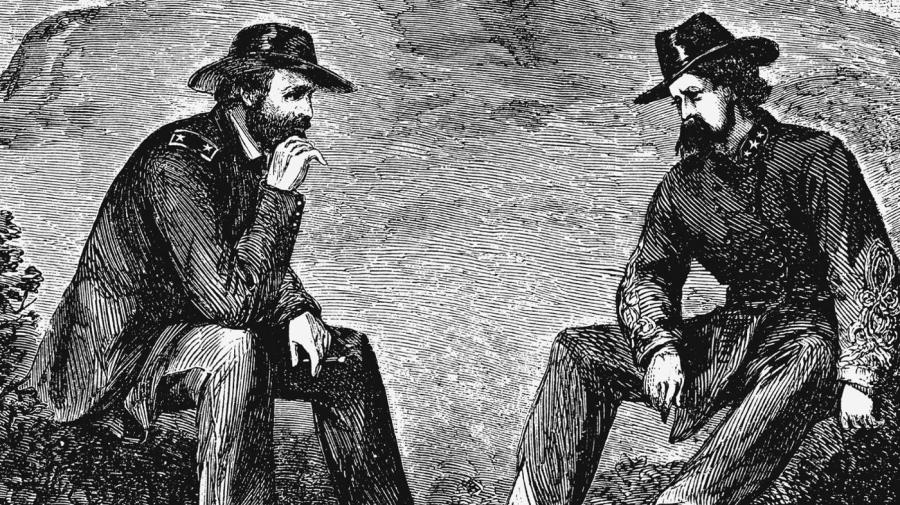What Is the Significance of the Battle of Vicksburg?

The Vicksburg Campaign was a significant Union victory in the American Civil War because it gave the Union army complete control over the Mississippi River and cut the Confederacy in two. The western Confederacy would remain isolated from the east for the rest of the war, unable to provide material support for the Confederate government.
By 1863, the city of Vicksburg was the last remaining Confederate stronghold on the Mississippi River. Jefferson Davis called it “the nail head that holds the South’s two halves together.” Ulysses Grant captured the city by marching south of the city to cross the river, bypassing the city’s natural defenses, and catching the Confederates by surprise. Grant’s army besieged the city from May 18 to July 4. Its surrender severed communications with the western Confederacy, depriving the Confederate army of desperately needed supplies and reinforcements.





